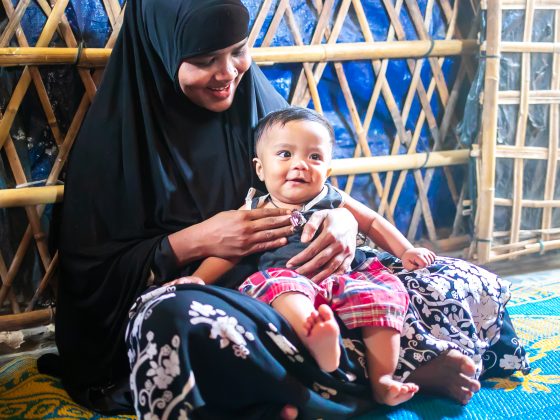
Mother-Child Dyad Model
A parenting program that promotes mothers’ well-being and healthy child engagement through play and child stimulation for children age 0-3.
The Mother-Child Dyad Model aims to:
- Discuss the importance of play in children’s growth and development.
- Promote overall health and mental well-being of mothers and their families.
- Provide psychosocial support and alleviate symptoms of maternal depression.
- Support mothers in interacting with, nurturing, and building attachment with their children.
- Encourage the adoption of positive cultural practices to support healthy child development.
- Create a collaborative and friendly environment for mothers to share experiences.
- Encourage experiential learning.
- Support mothers to foster healing processes by playing with their children.
Mother-Child Dyad Model
Who we
worked with
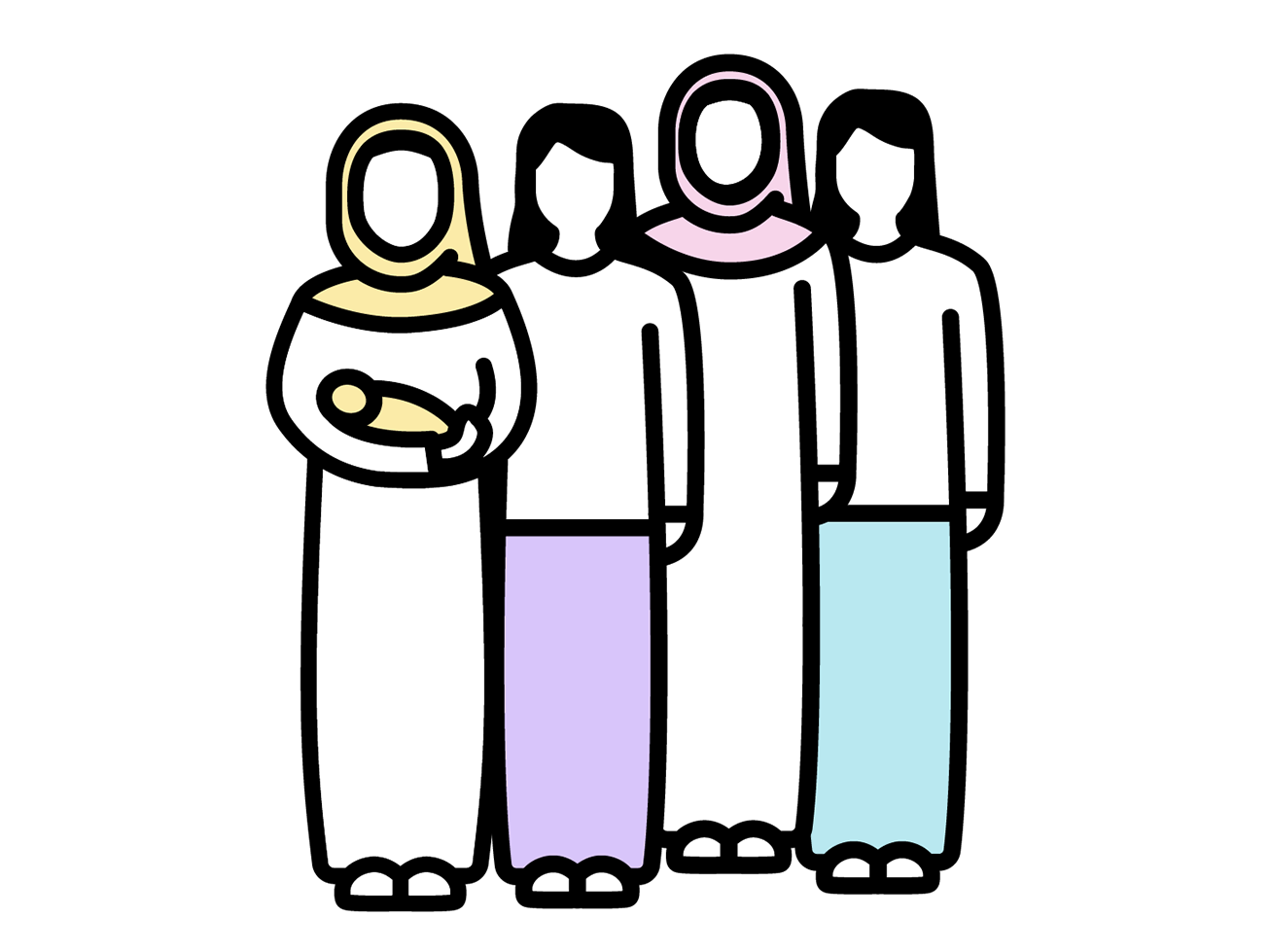
Mothers of children age 0–3 from displaced and host communities
Where we
worked
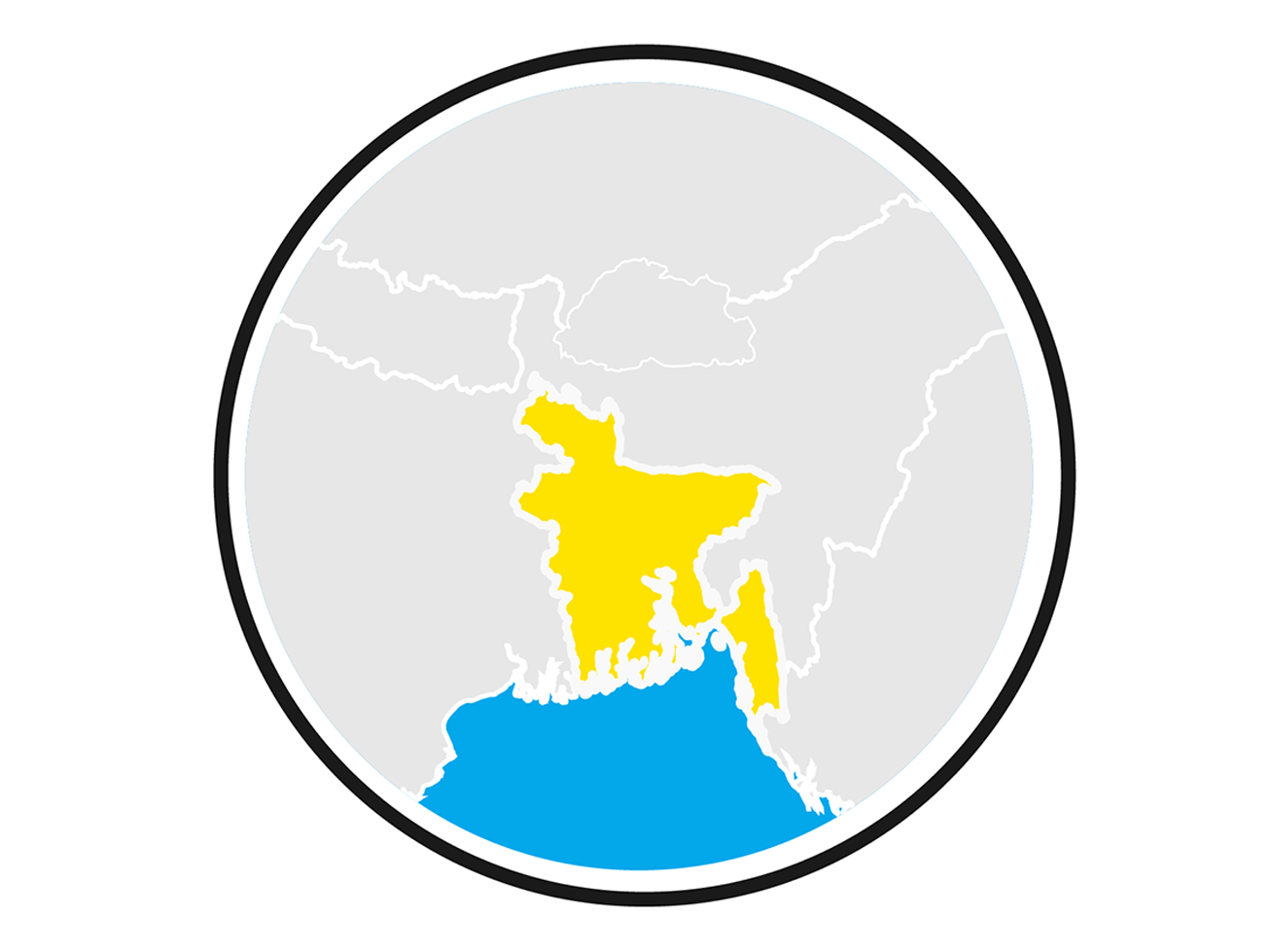
Bangladesh
How we delivered content
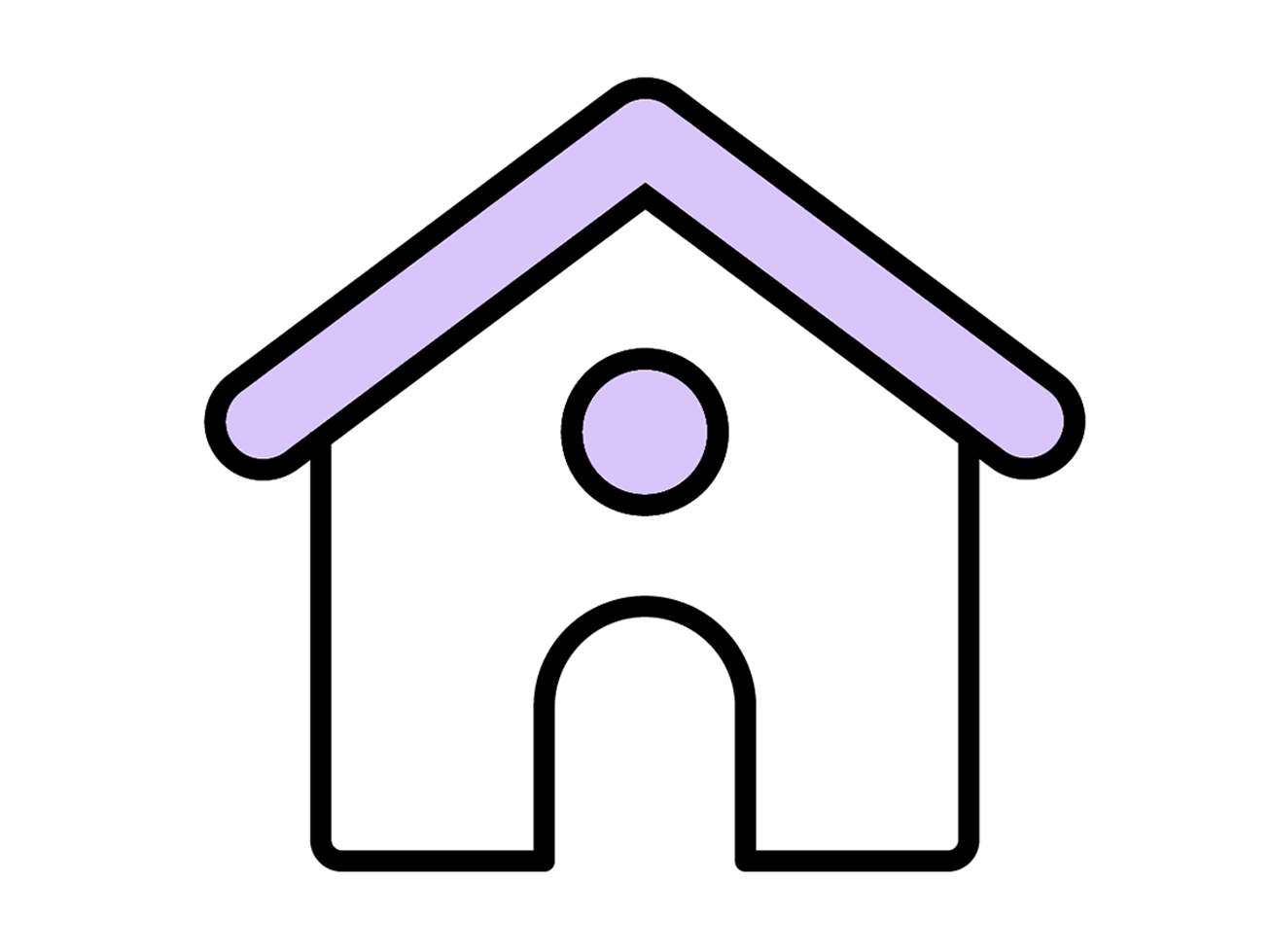
In person – at home
Mother volunteers and para-counsellors facilitate individual home visits and group sessions
Frequency
.
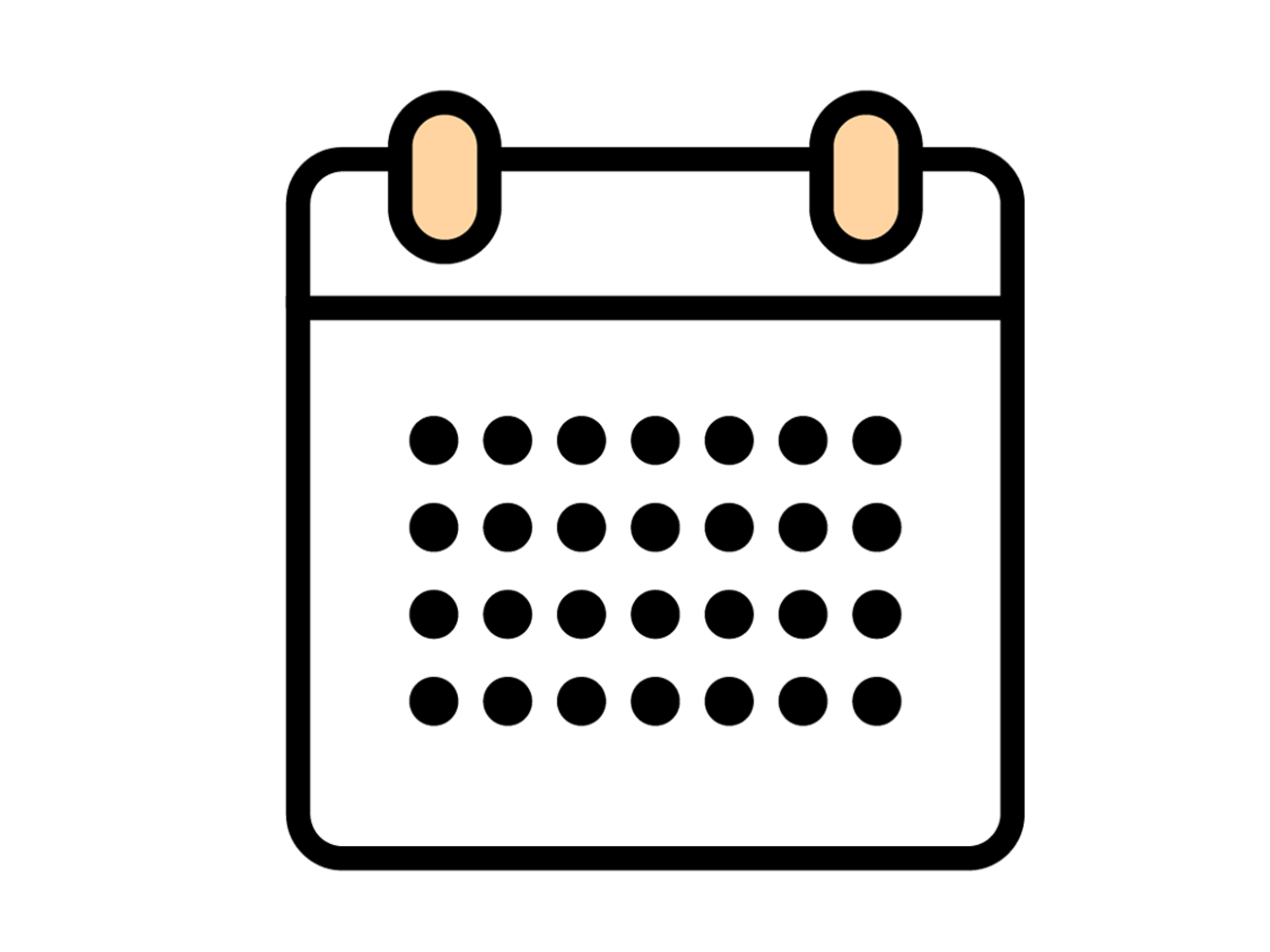
Scheduled
Each mother participates in one group session per week for 6 months, with 2 home visits
Program Content and Delivery
This home-based model for mothers enhances maternal well-being and supports mothers in nurturing their children. It encourages mothers to come together, share their experiences, and collectively understand the importance of play in child development.
The program comprises two main components: “My Well-being,” “which emphasizes parental well-being, and “Play and Grow,” which focuses on child development. Activities in the infant stimulation sessions are community-designed and tailored for children of different ages. The curriculum strongly emphasizes maternal mental health and attachment to their children, thereby mitigating intergenerational trauma. During sessions, para-counsellors identify mothers requiring extra psychosocial support, who are then visited at home, in collaboration with psychologists.
Training and Supervision
The program relies on Mother Volunteers selected from the Rohingya community to lead three to four mothers groups and para-counsellors who supervise Mother Volunteers and provide psychosocial support to mothers who demonstrate additional need.
BRAC staff receive comprehensive training to become Master Trainers, and in turn conduct a 3 day basic training program for mother volunteers. They also offer customized refresher trainings. Para-counsellors, recruited locally from another program, underwent a five-day initial training. They then received an additional six-month capacity development training, covering a wide range of counseling and mental well-being topics.
Monitoring and Evaluation
BRAC collects data on a regular basis from Mother Volunteers about registration, attendance, activities, referrals and adherence to quality standards. Monitoring tools include an observation checklist that is used to evaluate interactions between Mother Volunteers and participants, environmental conditions, and program alignment with its objectives. Monitoring Officers routinely collect and share this data with program staff for necessary adjustments.
Outcomes and Scale Statistics
Child outcomes and caregiver interactions, relationships, and well-being are core outcomes. Facilitators knowledge and well-being are also crucial in humanitarian settings. That’s means system of care is essential.
71,817 children and mothers
From 2019 to 2023, 71,817 children and mothers participated in this program. BRAC trained 2,434 Mother Volunteers and other staff to deliver this program.
61% of children
In 2023, 61% of surveyed children met targets for physical, cognitive, creative, social, and emotional development.
91% of Caregivers
In 2023, 91% of surveyed caregivers demonstrated a comprehensive understanding of ECD and how to promote it.
85% of Facilitators
In 2023, 85% of surveyed caregivers reported an increase in providing supportive interactions with their children.
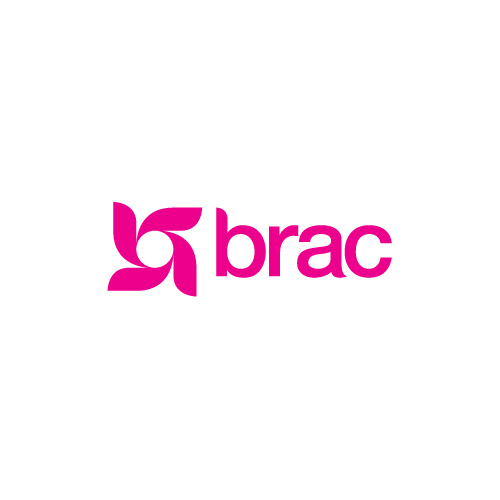
BRAC
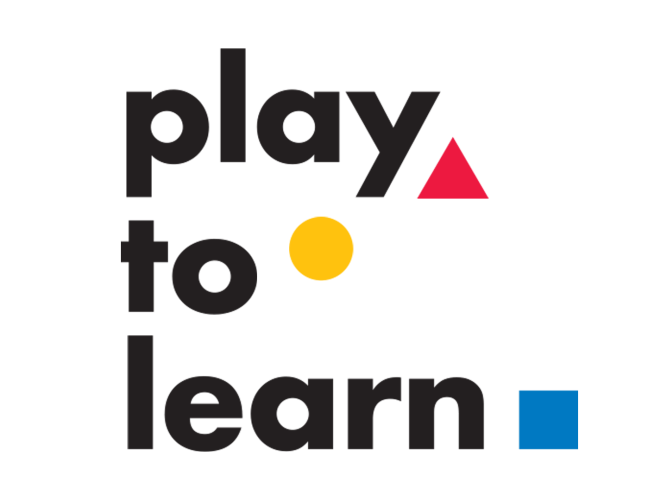
Play to Learn
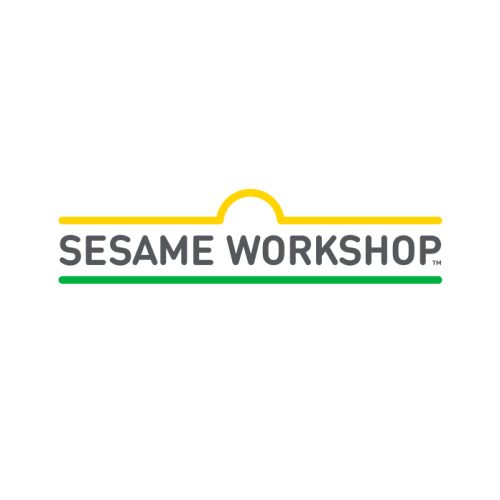
Sesame Workshop
